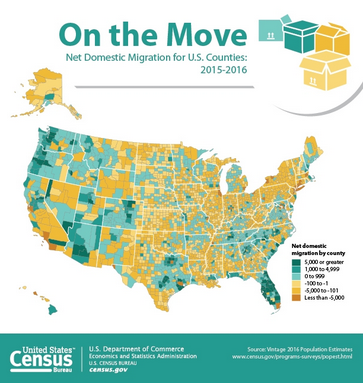PROVIDENCE, R.I. — The next national census is coming in 2020, and here in Rhode Island’s state capital, the Census Bureau is conducting its sole dry run before the big head count of America.
In an immigrant-rich neighborhood not far from the statehouse, a laptop computer at the public library offers residents a direct link to an online census form, a major change from past counts that have been conducted by mail.
But three weeks after the library set up the laptop, only one person had used it.
The 2020 census, which will determine a range of functions from federal funding to congressional representation, has already drawn controversy after the Trump administration’s last-minute decision to ask respondents whether they are United States citizens. Six former Census Bureau directors have warned that the move would depress responses among minorities who fear that the government would use that information against them.
But that is just one of the challenges ahead.
The Providence census was supposed to be one of four that would test a wealth of new digital equipment and counting methodologies under starkly different conditions — in urban Rhode Island, rural West Virginia, Spanish-speaking Puerto Rico and tribal lands in Washington State. But budget problems, largely rooted in Congress’s refusal to fully fund the bureau, forced the cancellation of three tests. That has left Providence County as a make-or-break trial of the reimagined head count — the statistical equivalent of staging a Broadway musical after a single rehearsal in New Haven.
And even the Providence trial has been truncated: A publicity and citizen outreach blitz that was supposed to mimic the buildup to the 2020 count was scratched for lack of funds. Plans to count Providence County residents in dormitories and other group quarters have been put off after an effort to convert that head count from a paper tally to a digital one was sidetracked, also for lack of money.




